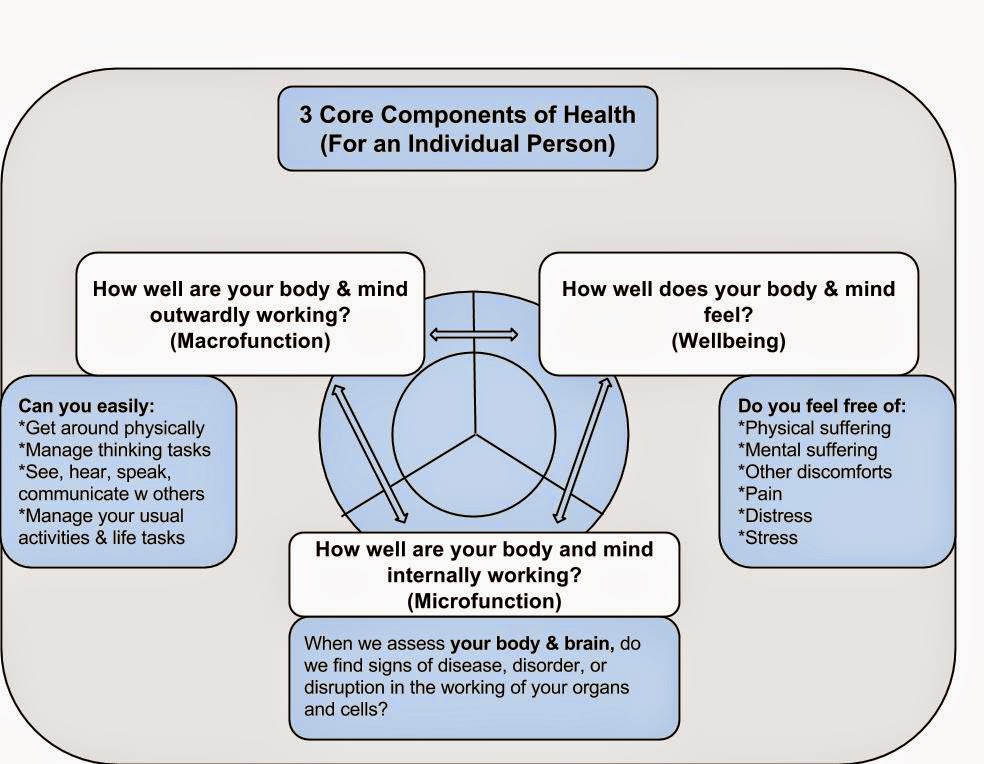 |
| From http://newsroom.accenture.com/news/tech-savvy-seniors-want-online-options-to-access-care-from-home-accenture-survey-shows.htm |
This week I almost fell out of my chair when I came across Health Populi’s recap of an Accenture survey on seniors and healthcare technology.
The particular finding that surprised me was this one:
- 3 in 5 older people are likely to join an online community to check a clinician’s advice before taking it on
Really??
I was surprised since as far as I can tell, it doesn’t cross most people’s mind to look for an online community to check a clinician’s advice, although I do think it’s become quite common for people to look things up on WebMD and at MayoClinic.
Of course, I’d be thrilled if more people would adopt an e-patient approach and do some double-checking before accepting a doctor’s advice. This is a good way to make sure you’ve explored other options, and can help reduce medical errors. But sorting through information online takes skills, as does bringing up what you found to the doctor. (Doctors should be amenable, but many are not.)
Accenture’s press release for the survey is here. I found this finding striking too:
- A third of seniors would prefer to work with a patient navigator to manage their healthcare. Last year, $384 million was invested in solutions, like patient navigators, for care navigation.
Interesting, no? Does this represent a failure of primary care for seniors? Shouldn’t the role of a good PCP is to be a navigator for choices and health strategy? (People also often want help managing healthcare logistics, which is something that could be done by a medical home, a care manager, etc.)
Other findings Accenture highlights are:
- “More than two-in-three seniors prefer to use self-care technology to independently manage their health”
- “More than three-in-five seniors are willing to wear a health-monitoring device to track vital signs, such as heart rate and blood pressure”
- “A quarter of seniors regularly use electronic health records for managing their health, such as accessing lab results (57 percent)”
Accenture seems to conclude that the “top five areas for growth” are self-care, wearables, online communities, navigating healthcare, and health record management.
What to make of Accenture’s findings?
Over ten thousand adults aged 65+ were surveyed for this report (in May-June 2014) but only 354 were U.S. Medicare beneficiaries. That’s because this is a survey of seniors in ten countries, assessing “their perceptions of using technology to manage their health.”
The press release didn’t have a link to Accenture’s full report, much less the survey questions they actually asked.
Personally, I found these results intriguing but they also seem a bit tech-optimistic, as does much in the digital health arena.
One could raise endless methodological questions about this press release: How representative were the respondents of other seniors in their country? Were there differences by country? What are the seniors thinking of when they hear “self-care technology” and what does it mean to “independently manage their health”?
And how much does the Accenture team know about the best way to help seniors manage health, and health problems?
Consider this, from the press release:
“The survey showed seniors who place a higher priority on technology are more likely to proactively manage their health. For example, most seniors (75 percent) who value technology are active in tracking their weight digitally, compared to 43 percent of those who do not. Similarly, half of tech-savvy seniors are actively monitoring their cholesterol, compared to 31 percent of those who do not value technology.”
Wow. This is a good example of data that doesn’t help you solve useful problems. (If you’re a clinician that is; I guess this might help businesses figure out who they should market their products to.)
Clinically, I am perplexed by what it means for seniors to “actively monitor their cholesterol.” Unlike monitoring weight and exercise, monitoring cholesterol is something they can’t do without partnering with doctors. Sometimes I think business people act as if managing health is like managing your banking or travel plans: just give me a good website and I’ll conveniently take care of it myself! But once people have active health problems, it’s much more complicated.
So what to make of Accenture’s report? My main take-away is that interest in senior health technology is on the rise. Whether or not Accenture is right, it’s interesting to see how they are framing the digital health needs for the people we care for.
[Many thanks to Carla Berg for bringing this survey to my attention. Do read the Health Populi piece; it includes data from the Utilization Patterns and Out-of-Pocket Expenses for Different Health Care Services Among American Retirees, published in February 2015.]


